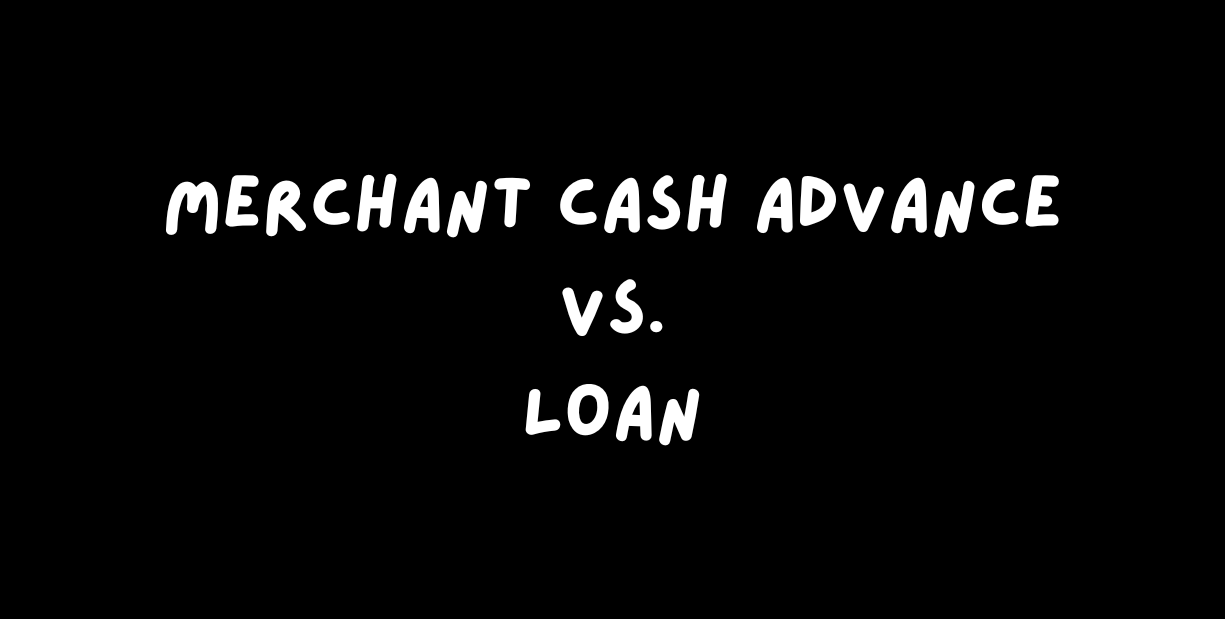Merchant Cash Advance Defense: Protect Your Business
Merchant Cash Advance Defense: Protect Your Business

In this article, we’ll break down what you need to know about MCAs, the common legal pitfalls, and how to protect your business from these challenges.
What is a Merchant Cash Advance (MCA)?
Before diving into defense strategies, it’s important to understand what a Merchant Cash Advance is and why it poses a risk to small businesses.
How MCAs Work: The Basics
A Merchant Cash Advance isn’t a traditional loan. Instead, it’s an advance against your future sales. MCA providers give you a lump sum upfront, and in return, they take a percentage of your daily credit card sales until the debt is repaid. This might sound convenient, but the truth is that these payments can be crippling—especially during slow months.
Why Are MCAs Risky for Small Businesses?
MCAs are marketed as quick, easy solutions for businesses that can’t qualify for traditional loans. However, they often come with steep fees and interest rates that can skyrocket to over 100% APR. Add in aggressive collection practices, and you’ve got a recipe for financial disaster.
Common Legal Issues in Merchant Cash Advances
Understanding the legal pitfalls of MCAs is critical. These transactions can include predatory practices that could trap you in a cycle of debt or worse—legal battles.
Confession of Judgment Clauses
One of the most dangerous legal tools MCA lenders use is the Confession of Judgment (COJ) clause. This allows the lender to bypass the courts and enter a judgment against you without you having the chance to defend yourself. That’s right—by signing a COJ, you essentially give up your right to fight in court if the lender claims you defaulted.
Interest Rates and Predatory Lending Concerns
MCA agreements often skirt traditional lending laws by classifying themselves as business transactions rather than loans, allowing them to avoid regulations like usury laws (which cap interest rates). This loophole leads to unreasonably high interest rates and fees, trapping business owners in endless debt cycles.
Misrepresentation of Terms
Many MCA lenders make promises that seem too good to be true—and they usually are. Misleading information about fees, interest rates, and repayment terms can lead to confusion, and many business owners sign agreements they don’t fully understand.
Debt Cycle and Over-leveraging
MCAs often result in businesses needing another advance just to stay afloat, creating a debt cycle that’s hard to escape. Business owners might find themselves taking out new MCAs to pay off old ones, over-leveraging the business beyond recovery.
Defending Against Merchant Cash Advance Lawsuits
If you’re being sued by an MCA lender, it can feel like a David vs. Goliath battle. But with the right legal defense , you can fight back and protect your business.
How to Respond to a Lawsuit from an MCA Lender
First things first—don’t ignore it. If you’ve been served with a lawsuit, time is of the essence. Consult with an attorney who specializes in MCA defense immediately. Ignoring a lawsuit or waiting too long to respond can result in a default judgment against you.
The Importance of Legal Representation
Fighting an MCA lawsuit without an experienced attorney can be like going into a lion’s den unarmed. MCA contracts are often complex, and a skilled lawyer can help you find loopholes, exploit predatory terms, and challenge unfair practices.
Challenging the Confession of Judgment
COJs are one of the most powerful weapons MCA lenders use. However, they are not always legally enforceable in every state. A lawyer can help you challenge the validity of the COJ, especially if it violates local laws.
Uncovering Predatory Lending Practices
Predatory lending practices are illegal in many states. If your MCA contract involves unreasonably high interest rates, hidden fees, or other unfair terms, your attorney may be able to argue that the contract is unconscionable and should be voided.
Contesting Unreasonable Interest Rates
Even though MCAs may not technically be classified as loans, some states still have usury laws that cap interest rates on certain financial transactions. If your interest rate is through the roof, there may be legal grounds to contest it.
Legal Strategies to Get Out of Merchant Cash Advances
If you’re struggling to keep up with MCA payments, there are ways to exit the cycle and get your business back on track.
Renegotiating MCA Terms
In some cases, MCA lenders may be open to renegotiating terms, especially if you’re struggling to make payments. Extending the repayment period or reducing the daily percentage taken from your sales might give you the breathing room you need.
Refinancing with Alternative Lenders
Refinancing your MCA with a traditional loan or another financing option could lower your interest rate and provide a more manageable repayment structure. This may also help consolidate your debts if you’re juggling multiple MCAs.
Debt Consolidation and Business Restructuring
If you’ve taken out multiple MCAs, consolidating your debt through a business loan or even restructuring your business may help. Debt consolidation can simplify your payments and, if done with a lower interest rate, can significantly reduce your financial burden.
Recognizing Unlawful MCA Practices
Not all MCA agreements are above board. Knowing what to look for can help you avoid signing a predatory contract.
Spotting Unfair Contract Terms
Watch out for contracts with vague or hidden terms. Pay special attention to:
Confession of Judgment clauses
- High upfront fees
- Ambiguous interest rates
- These can all lead to legal trouble down the road.
Understanding Your State’s Usury Laws
Some states have strict usury laws that limit how much interest a lender can charge, even for business transactions. If your MCA interest rates exceed the state’s limits, you may have a case for unfair lending practices.
Proactive Steps to Avoid Merchant Cash Advance Traps
Once you’ve escaped an MCA or avoided one altogether, it’s important to stay vigilant and protect your business from future predatory lending.
Know Your Rights and Responsibilities
Before signing any financial contract, familiarize yourself with both state and federal lending laws. Understanding your rights can prevent you from falling victim to unfair terms.
Thoroughly Review Contracts Before Signing
It’s tempting to sign an agreement when you’re desperate for cash, but take the time to review the terms carefully. If anything seems unclear, consult with an attorney or a financial advisor before signing.
Explore Alternative Financing Options
MCAs should be a last resort. Explore other financing options like business lines of credit, small business loans, or invoice financing. These options often come with lower interest rates and more favorable terms.
Conclusion: Protecting Your Business From MCA Pitfalls
Merchant Cash Advances may seem like a quick solution, but they often come with a heavy price that can put your business at risk. If you find yourself facing legal challenges or feeling trapped by MCA debt, remember that there are ways to defend your business and regain control.
The key is to act fast, understand your legal rights, and seek professional guidance when necessary. With the right defense strategies, you can protect your business from the pitfalls of Merchant Cash Advances and move forward with confidence.











